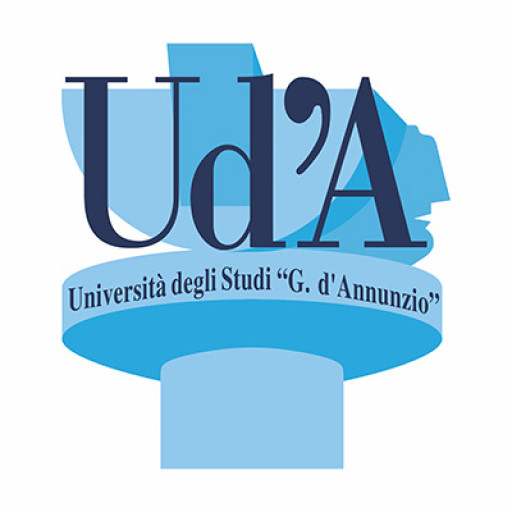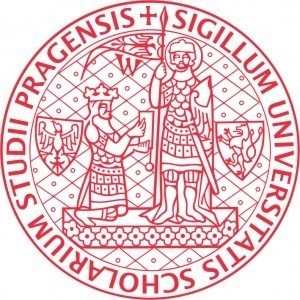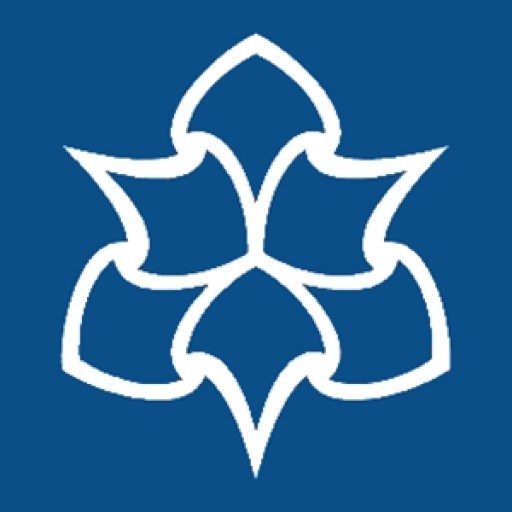Photos of university / #university_of_copenhagen
The Bachelor's degree programme in Pharmaceutical Sciences at the University of Copenhagen offers students a comprehensive education in the science and technology behind the development, production, and application of medicines. This programme is designed to prepare students for a wide range of careers within the pharmaceutical industry, research institutions, regulatory authorities, and healthcare sectors. Throughout the programme, students gain a solid foundation in chemistry, biology, and pharmacology, as well as in analytical techniques, drug formulation, quality control, and regulatory affairs. The curriculum combines theoretical knowledge with practical skills, providing opportunities for laboratory work, project collaborations, and internships to ensure students are well-equipped for real-world challenges. The programme emphasizes innovation and critical thinking, encouraging students to contribute to the development of new medicines and improve existing therapies. Graduates will be capable of working in multidisciplinary teams, communicating scientific ideas effectively, and applying their knowledge to solve complex problems related to drug development and usage. The international environment fosters cultural understanding and prepares students for careers in a global pharmaceutical landscape. With a strong focus on research-based teaching and continuous development of technical skills, the programme offers a pathway to both further studies and direct employment in the fast-paced pharmaceutical field. Upon completion, graduates will be equipped to advance the frontiers of medicine and healthcare, making meaningful contributions to society’s well-being.
The Bachelor’s programme in Pharmaceutical Sciences at the University of Copenhagen offers a comprehensive education designed to provide students with in-depth knowledge of drug development, pharmaceutical technology, and pharmacology. The programme aims to prepare students for a diverse range of careers within the pharmaceutical industry, healthcare, research, and regulatory agencies. Throughout the three-year curriculum, students explore the fundamental principles of chemistry, biology, and pharmacology, which serve as a foundation for understanding the creation, formulation, and application of medicinal products.
Initially, students are introduced to the basic sciences, including organic and inorganic chemistry, biochemistry, and physiology, to build a solid scientific background. As they progress, the coursework emphasizes more specialized topics such as pharmaceutical technology, drug delivery systems, pharmacokinetics, and pharmacodynamics. The programme also covers the development and regulation of medicines, quality assurance, and the ethical considerations in pharmaceutical research and development.
A key component of the programme is hands-on laboratory work, which allows students to gain practical experience in pharmaceutical techniques, experimental design, and data analysis. Additionally, students are encouraged to develop their analytical and critical thinking skills through project work and problem-solving assignments. The curriculum is complemented by coursework in communication skills, ethics, and the societal impact of pharmaceuticals to prepare students for real-world challenges.
The programme also provides opportunities for internships and collaborations with industry partners, enabling students to apply their knowledge in practical settings and build professional networks. Upon graduation, students will have attained the skills necessary for roles such as research scientist, formulation specialist, regulatory affairs officer, or further studies at the master's level. The programme’s interdisciplinary approach ensures that graduates are well-equipped to contribute to the innovation and development of safe and effective pharmaceutical products, ultimately improving healthcare outcomes worldwide.
Admission to the MSc in Pharmaceutical Sciences at the University of Copenhagen requires applicants to hold a relevant bachelor's degree, typically in Pharmacy, Chemistry, Biochemistry, or a closely related field, with documented proficiency in English. Applicants must have completed coursework covering fundamental subjects such as organic and inorganic chemistry, biochemistry, biology, pharmacology, and mathematics, demonstrating a solid foundation essential for advanced study. The program emphasizes interdisciplinary knowledge, so applicants with a diverse scientific background relevant to pharmaceutical sciences are considered.
Candidates are expected to submit official transcripts, proof of English language proficiency (such as IELTS or TOEFL scores), a motivational letter explaining their interest in the program, and references from academic referees. For admission, specific grade point average (GPA) requirements may vary annually depending on the applicant pool, but generally, a strong academic record is essential.
The program is designed to develop skills in drug development, molecular pharmacology, pharmaceutical technology, and analytical methods. Therefore, applicants should have prior experience or coursework in laboratory techniques, research methods, and data analysis. International students must meet the university's English language requirements, with accepted tests including IELTS with a minimum overall score of 6.5 and a minimum of 5.5 in each component, or TOEFL iBT with a total score of at least 88, with subscores meeting the minimum requirements.
Applicants are also encouraged to demonstrate motivation and relevant experience through a well-articulated motivation statement and CV. Prior research experience, internships, or work in relevant fields can strengthen an application. The selection process considers academic performance, relevant experience, motivation, and potential contribution to the program.
Once admitted, students are expected to participate actively in coursework, seminars, and research projects. The program may also require completion of a thesis, which involves original research in pharmaceutical sciences. The program requirements aim to ensure that graduates have acquired both theoretical knowledge and practical skills, qualifying them for careers in pharmaceutical industries, research institutions, or further academic studies.
The financing of the Pharmaceutical Sciences program at the University of Copenhagen is primarily supported through a combination of Danish government funding, European Union grants, and student tuition fees. As a Danish university offering a master's degree, the program benefits from allocations within the Danish higher education funding system, which aims to promote excellence in research and education. Tuition fees are generally applicable to non-EU/EEA students, whereas EU/EEA students often receive subsidies or are exempt from tuition fees, depending on current regulations.
Students enrolled in the program have access to various scholarships, grants, and financial aid options designed to support their studies. The Danish government provides liberal loan and grant schemes for Danish and EU students, facilitating access to higher education. Additionally, the University of Copenhagen offers scholarships specifically targeted at international students, which can help cover tuition fees, living expenses, and study-related costs.
Funding bodies such as the European Union also support students through programs like Erasmus+ and other mobility grants, enabling students to undertake exchange periods or internships abroad. These programs not only enhance educational experience but also subsidize travel and accommodation costs, making international exposure more accessible.
Research funding for the program is secured through national research councils and European research initiatives, which support scientific projects and infrastructure development related to pharmaceutical sciences. This research funding ensures that the program maintains high standards of education and innovation, attracting qualified faculty and enabling comprehensive laboratory work and research activities.
Students are encouraged to seek external funding sources, including private foundations and industry partnerships, which sometimes offer sponsorships or internships with financial support. The program's alignment with industry partners also creates opportunities for practical training funded through collaborative projects or sponsored research.
In conclusion, the financing structure of the Pharmaceutical Sciences program at the University of Copenhagen is multifaceted, comprising government support, EU grants, scholarships, student loans, and industry collaborations. These combined sources ensure sustainability and enable the university to offer high-quality education and research opportunities to both domestic and international students.
The Master’s program in Pharmaceutical Sciences at the University of Copenhagen offers students a comprehensive education in the development, production, and regulation of medicines and pharmaceuticals. The program combines theoretical knowledge with practical skills, enabling graduates to contribute effectively to the pharmaceutical industry, healthcare, and research sectors. Students will engage in advanced coursework covering drug development, formulation, pharmacology, toxicology, and pharmaceutical technology, alongside courses in quality assurance and regulatory affairs. The program emphasizes innovation and research, providing opportunities for students to participate in cutting-edge projects and collaborations with industry partners and research institutions. The curriculum is designed to prepare students for careers as pharmaceutical scientists, regulatory specialists, or research and development experts. Practical training, including laboratory work and internships, is integrated into the program to ensure students gain hands-on experience. Graduates are equipped with analytical skills, scientific understanding, and an ethical framework to address challenges in drug safety, efficacy, and accessibility. The program is taught primarily in English, making it accessible to international students and aligning with global standards in pharmaceutical education. Upon completion, students receive a Master’s degree in Pharmaceutical Sciences, opening pathways to employment within pharmaceutical companies, government agencies, academia, and research organizations worldwide. The University of Copenhagen’s strong links to industry and research centers enhance learning opportunities and support career development. With a focus on innovative research and the latest advancements in pharmaceuticals, the program prepares graduates to meet the evolving needs of healthcare and medicine production globally.









